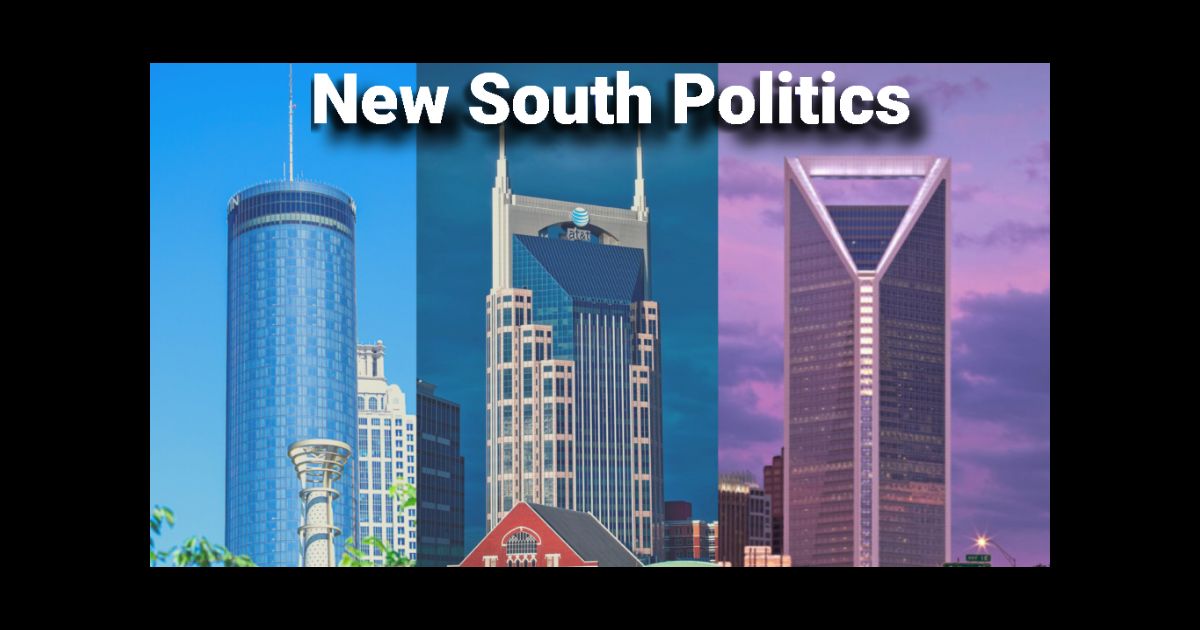Virginia’s political landscape has shifted significantly over the past decade, establishing it as a key swing state. Once predominantly Republican in federal elections, it has become a competitive battleground for both major parties.
Gubernatorial Elections:
In 2013, Democrat Terry McAuliffe narrowly defeated Republican Ken Cuccinelli, continuing the Democratic trend. This was followed by Ralph Northam’s comfortable win in 2017. However, Republican Glenn Youngkin’s victory in 2021 signaled the ongoing competitiveness of Virginia’s political scene.
Legislative Control:
The Virginia General Assembly has reflected these political shifts. Democrats regained control of the State Senate in 2007, lost it in 2011, and achieved a significant victory in 2019 by flipping both the House of Delegates and the State Senate. However, in 2021, Republicans regained the House of Delegates while Democrats held a slim majority in the State Senate. The 2023 elections saw Democrats reclaim the House, resulting in a divided legislature.
Federal Elections:
Democrats have maintained both U.S. Senate seats, with Mark Warner winning reelection in 2014 and 2020 and Tim Kaine securing victories in 2012, 2018, and 2024. Despite these successes at the federal level, gubernatorial outcomes have varied.
Divergent Voting Trends:
The 2021 elections exemplified Virginia’s split-ticket voting, with Youngkin winning the governorship while Warner and Kaine retained their Senate seats. This trend underscores voters’ willingness to differentiate between state and federal offices.
Current Political Climate:
As of early 2025, Virginia’s political environment remains dynamic, with a divided legislature and challenges facing Governor Youngkin’s policy initiatives. The upcoming gubernatorial race is labeled a “toss-up,” illustrating the state’s unpredictable nature.
In summary, Virginia has evolved from a reliably red state to a competitive purple swing state. Its voters demonstrate nuanced decision-making, ensuring that Virginia remains a focal point in national politics as both parties seek support in future elections.

